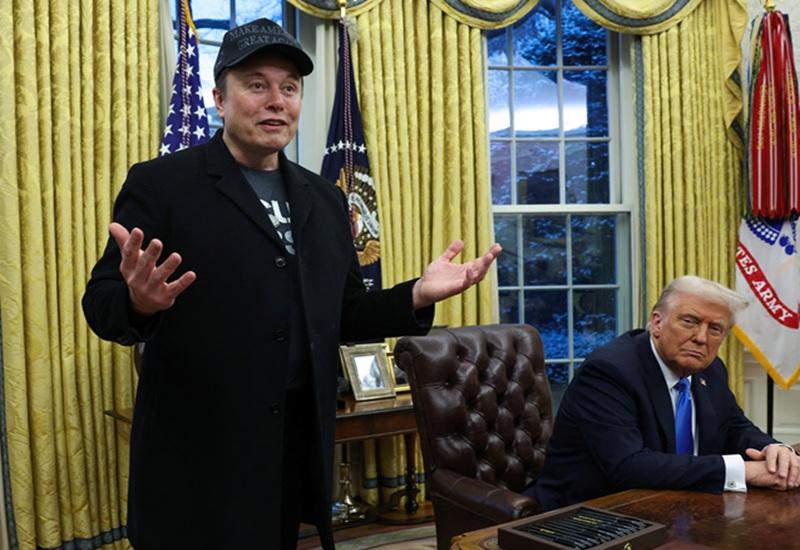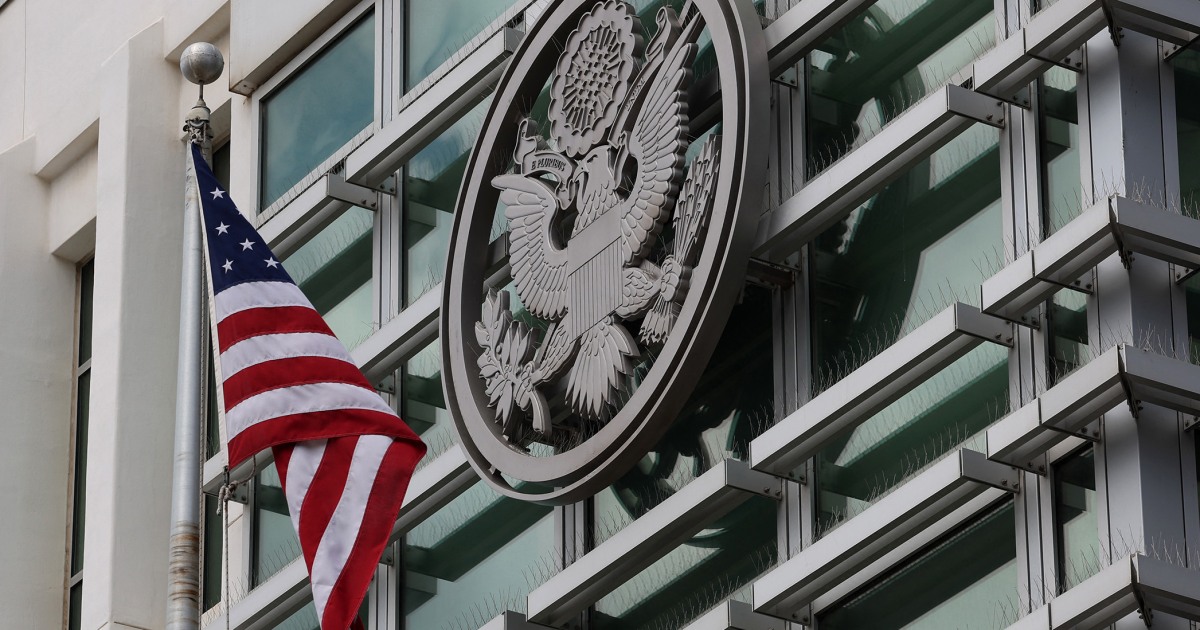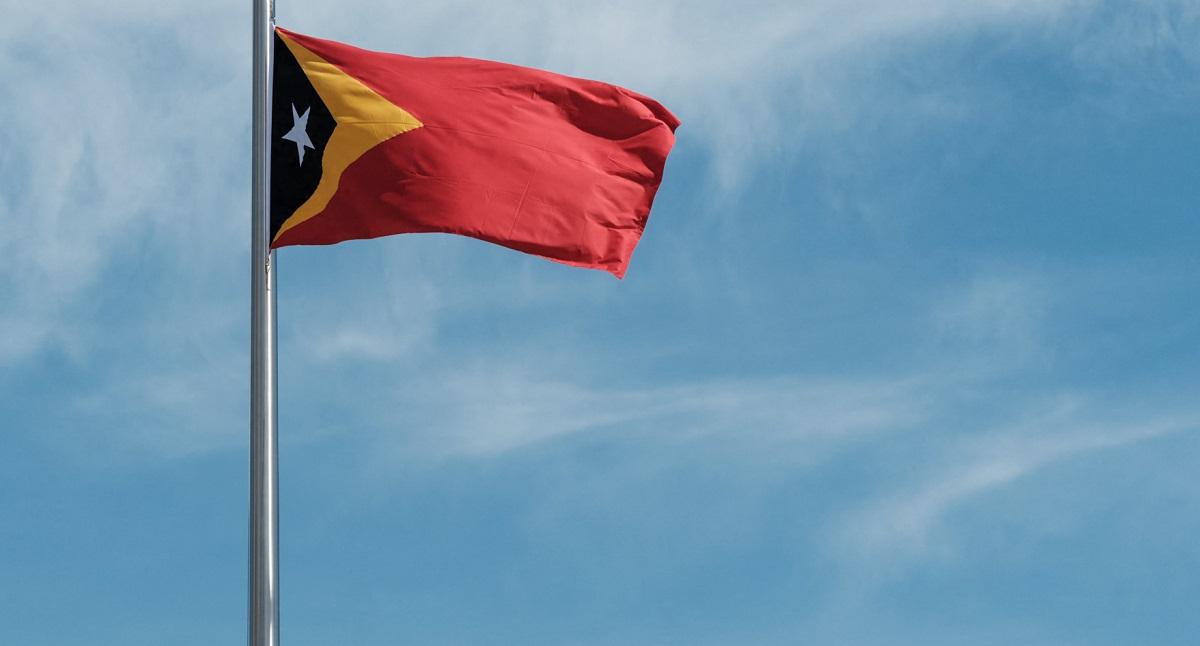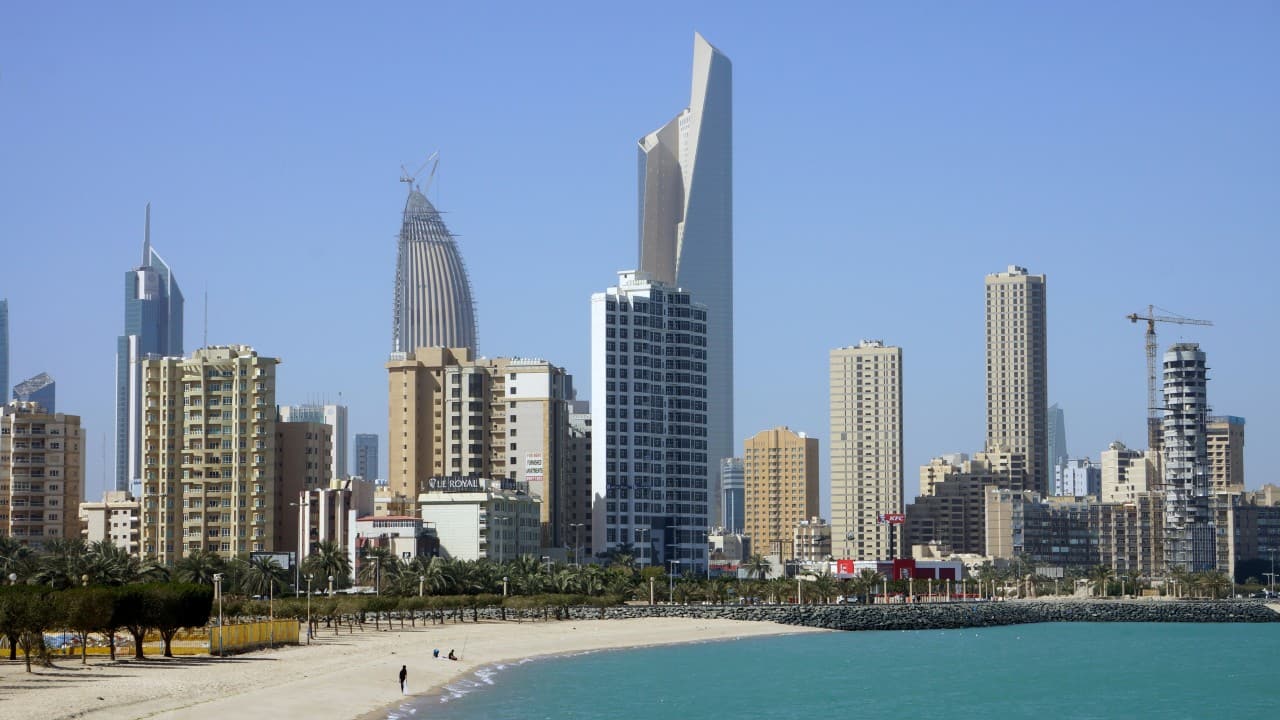International Backlash Grows Against Israel Amid Gaza Offensive and Humanitarian Crisis
Israeli Prime Minister Benjamin Netanyahu is currently facing significant criticism from former allies and various nations in response to Israel's latest military escalation in Gaza. This situation has reached a critical juncture as the Israeli government has initiated what many are calling an "unprecedented" offensive against the region, raising urgent alarms about a looming humanitarian crisis and potential famine affecting the civilian population.
On Monday, Netanyahu announced that a "minimal" amount of humanitarian aid would be allowed into Gaza for the first time since Israel imposed a strict blockade on the territory back on March 2. This declaration coincided with a substantial increase in military activity over the weekend, prompting widespread outrage from the international community. Several countries, including members of the European Union, the United Kingdom, Canada, and France, have begun taking measures to pressure Netanyahu into lifting the blockade entirely.
Australia has joined forces with 22 other nations in condemning Israel's proposed model for aid delivery and is advocating for a complete and immediate resumption of humanitarian supplies into Gaza. The situation is dire, and the international community is expressing mounting frustration over the limited humanitarian access available to the Palestinian people.
In a statement from Kaja Kallas, the EU's foreign affairs chief, it was confirmed that the EU would reevaluate its trade agreement with Israel due to the "catastrophic" conditions in Gaza. This decision was reached during a meeting of foreign ministers from the EU's 27 member states, 17 of which supported the motion suggested by Dutch Foreign Minister Caspar Veldkamp earlier in May. The EU remains Israel's largest trading partner, with bilateral trade amounting to €42.6 billion (approximately $74 billion) in the previous year under the EU-Israel Association Agreement.
Britain has also taken decisive action by suspending trade negotiations with Israel. British Foreign Secretary David Lammy announced that the UK would impose sanctions on Israeli settlers residing in the occupied West Bank. Additionally, Lammy summoned the Israeli ambassador to the UK, Tzipi Hotovely, to express the government's concerns. In parliament, Lammy described Israel's intensified military actions in Gaza as "morally unjustifiable" and "wholly disproportionate," emphasizing that this approach would not aid in the safe return of hostages.
British Prime Minister Keir Starmer echoed Lammy's sentiments in the House of Commons, labeling the recent announcement permitting a small quantity of food into Gaza as "totally and utterly inadequate." He underscored the urgent need for a coordinated international response, stressing that the ongoing conflict had persisted for too long, and the humanitarian suffering in Gaza was unacceptable.
The UK, alongside France and Canada, issued a joint statement condemning Israel's resumption of aid as insufficient, threatening to undertake "concrete actions" in response to Israel's military activities in the Palestinian territories. The statement declared that the Israeli government's refusal to provide essential humanitarian assistance risks violating international humanitarian law. The joint statement also reiterated the importance of opposing any expansion of settlements in the West Bank, asserting that the UK would not hesitate to implement targeted sanctions if necessary.
Canada has previously imposed sanctions related to settler violence in the West Bank. French Foreign Minister Jean-Noel Barrot emphasized the need for Israel to ensure that humanitarian aid flows freely without impediments, declaring that the current levels of aid were "totally insufficient." Meanwhile, U.S. Secretary of State Marco Rubio stated that the United States would not adopt the same sanctions approach as its European allies, although it had engaged with Israel about resuming humanitarian aid.
The humanitarian crisis in Gaza has led to alarming statistics; recent reports indicate that over 53,000 Palestinians have perished since the commencement of Israel's retaliatory offensive against Hamas, which began on October 7, 2023. Approximately 90 percent of Gaza's population has been displaced, with nearly half a million Palestinians facing the threat of starvation and an additional million struggling to secure adequate food supplies, according to the Integrated Food Security Phase Classification, a leading international authority on hunger crises.
In this complex geopolitical landscape, Israeli Foreign Minister Oren Marmorstein has publicly rejected the EU's decision to review the Association Agreement, stating it reflects a profound misunderstanding of the realities Israel faces. He underscored Israel's commitment to defending its sovereignty and security, asserting that external pressure would not deter its defense efforts.
Netanyahu's comments regarding international responses indicated his belief that they provide a "huge prize" to those who have attacked Israel. He urged European leaders to align with U.S. President Donald Trump’s vision for the region, reiterating that Israel would seek to establish control over all territories in Gaza under its military campaign.
As the situation develops, global leaders continue to grapple with the complexities of the Israeli-Palestinian conflict and the pressing need for a humanitarian response to the plight of Gazans, who are facing unimaginable suffering as a result of the ongoing military operations.


























